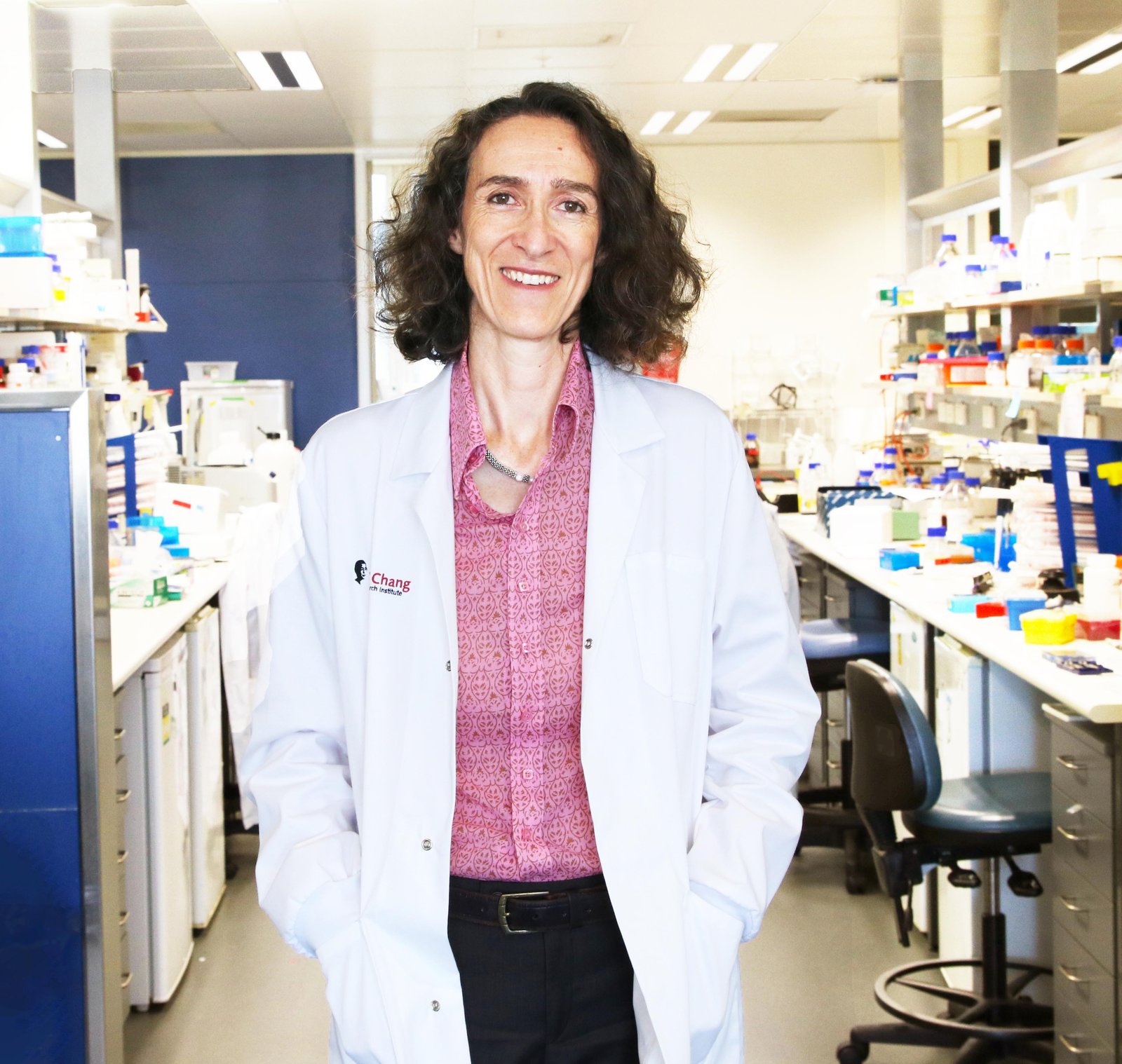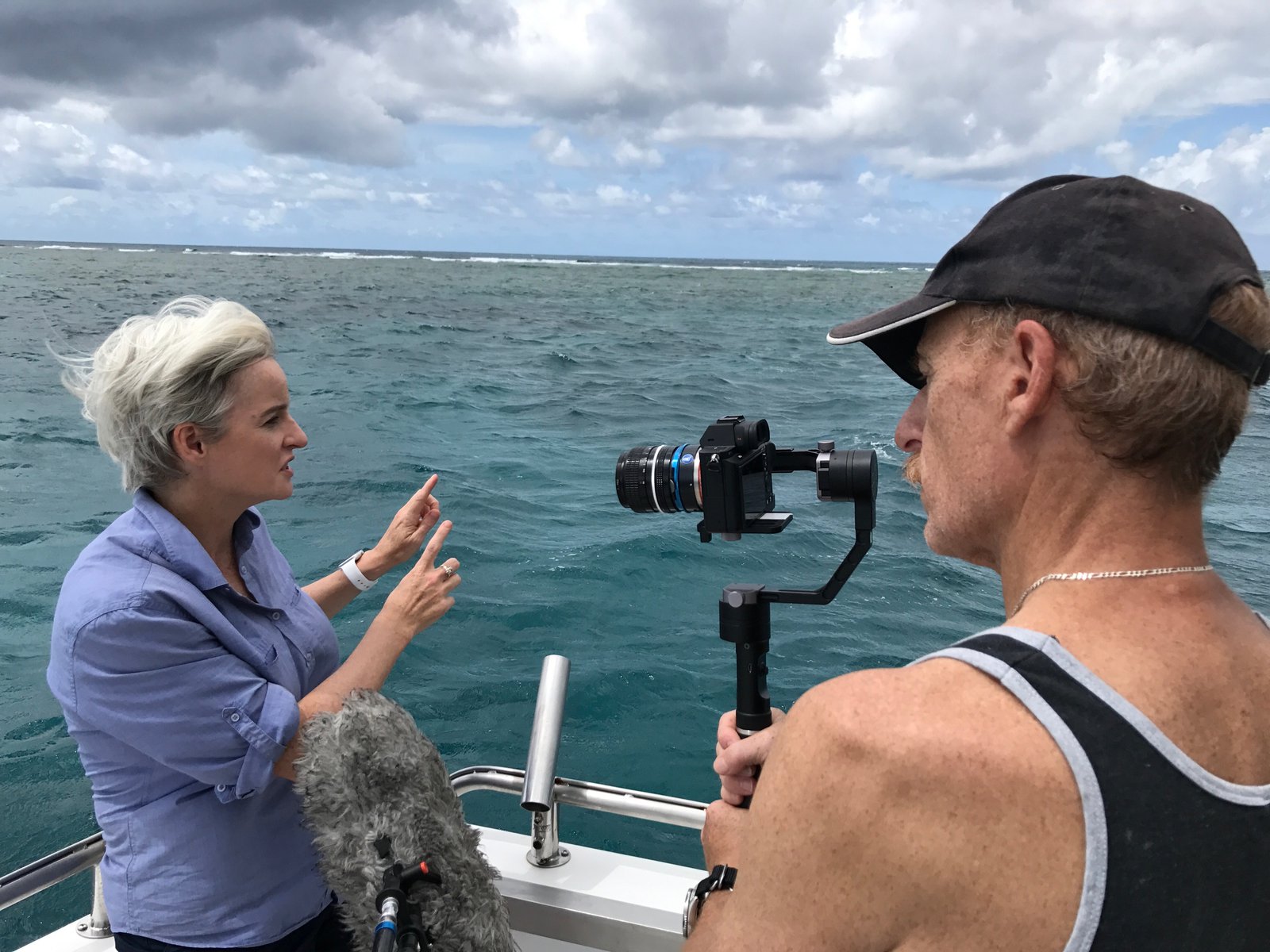2018 Australian Museum Eureka Prizes winners
17 individuals and teams recognised across the categories of Research & Innovation, Leadership, Science Engagement and School Science.
On this page...
Research & Innovation
NSW Office of Environment and Heritage Eureka Prize for Environmental Research

© supplied by RE100
RE100, Australian National University
Professor Andrew Blakers, Dr Matthew Stocks and Bin Lu have challenged the barriers to renewable energy in Australia. The team discovered 22,000 sites that are suitable for cost-effective pumped hydro energy storage, raising the profile of opportunities for pumped hydro investment within the clean energy industry.
University of Technology Sydney Eureka Prize for Excellence in Data Science

© supplied by Smart Infrastructure Team
Smart Infrastructure Team, CSIRO’s Data61
Assessing the condition of water pipes is an expensive and disruptive process and water utilities operators typically inspect just one percent of network assets every year. The Smart Infrastructure Team has developed an analytical tool that makes intelligent predictions about failures, helping prioritise the selection of pipes for maintenance, reduce costs and minimise disruption to water supplies.
UNSW Eureka Prize for Excellence in Interdisciplinary Scientific Research

© supplied by Optical Physics in Neuroscience
Optical Physics in Neuroscience, University of Queensland
The Optical Physics in Neuroscience team has devised cutting-edge methods for studying how our brains work to detect gravity and motion. Using optical trapping and novel microscopes, they successfully imaged the functioning brain circuits that process gravity and motion and combine this information with other senses.
Australian Infectious Diseases Research Centre Eureka Prize for Infectious Diseases Research

© supplied by CF Air
CF Air, Metro North Hospital and Health Service; The Prince Charles Hospital; QIMR Berghofer Medical Research Institute; Children’s Health Queensland; University of Queensland; Griffith University; Gold Coast Health; and Queensland University of Technology
The CF Air team has uncovered the process by which the deadly pathogens causing airway infections are transmitted between cystic fibrosis (CF) patients. Their research has attracted considerable attention from the CF community, impacting clinical practice and policy and ultimately reducing infection rates amongst patient groups.
Johnson & Johnson Eureka Prize for Innovation in Medical Research

© supplied by Professor Tony Weiss AM
Professor Tony Weiss AM, University of Sydney
Professor Tony Weiss has developed an adhesive surgical glue that quickly seals wounds without the need for common staples. The technology, made from natural elastic protein, has the potential to revolutionise treatment at emergency sites and was recently sold to an international pharmaceutical company.
ANSTO Eureka Prize for Innovative Use of Technology

© supplied by Professor Wendy Erber, Dr Kathryn Fuller and Henri Hui
Professor Wendy Erber, Dr Kathryn Fuller and Henry Hui, University of Western Australia
The groundbreaking invention by Professor Wendy Erber, Dr Kathy Fuller and Henry Hui can detect abnormal chromosomes inside leukaemia cells. This fast, accurate and sensitive automated method can detect just one leukaemia cell in 10,000 normal cells, a major advance that will lead to personalised treatments and better patient care.
Macquarie University Eureka Prize for Outstanding Early Career Researcher

© supplied by Dr Mohsen Rahmani
Dr Mohsen Rahmani, Australian National University
Dr Mohsen Rahmani has developed a new class of nanoscale surfaces that have transformed the capabilities of today’s miniaturised consumer devices. His research has a wide range of applications including night-vision technology, adjustable lenses and ultra-sensitive biochemical detectors, and several organisations are interested in commercialising his work.
Defence Science and Technology Eureka Prize for Outstanding Science in Safeguarding Australia

© supplied by The Sapphire Clock Team
The Sapphire Clock Team, The Institute for Photonics and Advanced Sensing, University of Adelaide and Cryoclock Pty Ltd
By combining two decades of pioneering research with cutting-edge engineering, the Sapphire Clock Team’s technology offers the potential for a step change in the performance of the Jindalee Over-The-Horizon Radar Network, a vital Australian defence asset. The Sapphire Clock offers a thousandfold improvement in timing precision, helping Australian defence agencies identify threats to the nation.
UNSW Eureka Prize for Scientific Research

© supplied by Professor Sally Dunwoodie
Professor Sally Dunwoodie, Victor Chang Cardiac Research Institute
Professor Sally Dunwoodie and her multidisciplinary team have discovered the potential of vitamin B3 to treat a molecular deficiency causing miscarriages and multiple types of birth defects. Their finding could prevent developmental defects through a common dietary supplement, which may transform the way pregnant women are cared for around the world.
Leadership
3M Eureka Prize for Emerging Leader in Science

© supplied by Associate Professor Elizabeth New
Associate Professor Elizabeth New, University of Sydney
Regarded as one of Australia’s brightest young inorganic chemists, Dr Elizabeth New's leadership extends beyond her research to encompass teaching, outreach and mentoring. Committed to developing the next generation of scientists, she has built a strong network of collaborators and works tirelessly to improve research culture and environments.
CSIRO Eureka Prize for Leadership in Innovation and Science

© supplied by Professor Thomas Maschmeyer
Professor Thomas Maschmeyer, University of Sydney
Professor Thomas Maschmeyer is a world leader in the chemistry of catalysis. He aims to generate and translate new knowledge into commercial solutions as part of his vision for a more sustainable world. His discoveries allow widespread use of renewables and recyclables in the chemical, material and energy spaces, and are the foundation of four companies.
University of Technology Sydney Eureka Prize for Outstanding Mentor of Young Researchers

© supplied by Professor Nalini Joshi AO
Professor Nalini Joshi AO, University of Sydney
Professor Nalini Joshi has been instrumental in training and mentoring dozens of individual researchers and countless others through the broader mechanisms that she has established. A strong advocate for gender equality, her influential actions have transformed the research landscape and supported young female scientists across Australia.
Science Engagement
Department of Industry, Innovation and Science Eureka Prize for Innovation in Citizen Science

© supplied by QuestaGame
QuestaGame
By combining the forces of gaming mechanics and information economics with a unique online reward system, QuestaGame motivates users to engage with biodiversity. With over 1 million sightings and identifications, by participants in over 40 countries, this outdoor gaming app has quickly become the largest provider of expert-verified biodiversity image data in Australia.
Celestino Eureka Prize for Promoting Understanding of Science

© supplied by Associate Professor Alan Duffy
Associate Professor Alan Duffy, Swinburne University of Technology and The Royal Institution of Australia
Associate Professor Alan Duffy is a regular and recognisable personality in the Australian media, promoting science to all Australians. Through a combination of mainstream and social media channels, he has demonstrated that astrophysics can stand alongside sport or business as a news segment, making science a part of everyday life.
Department of Industry, Innovation and Science Eureka Prize for Science Journalism

© supplied by Adam Geiger
Adam Geiger, SeaLight Pictures Pty Ltd
Headlines tout the impending disaster facing the Great Barrier Reef due to climate change. Can We Save the Reef? puts biologist Professor Emma Johnston at the centre of the science, and explores the issues and stakes involved in our urgent quest to find the right solutions. Broadcast on ABC TV’s Catalyst, 3 October 2017.
School Science
University of Sydney Sleek Geeks Science Eureka Prize - Primary

© supplied by Marcia Lai
Amelia Lai and Caitlyn Walker, Presbyterian Ladies' College, Sydney, NSW
It is estimated that bees pollinate one third of the food we consume each day, making them an integral part of our environment. In Bee Aware and Care, Caitlyn and Amelia explain the major causes of bee population decline and share some practical strategies for saving these important insects.
University of Sydney Sleek Geeks Science Eureka Prize - Secondary

© supplied by Anne-Louise Woods
Ella Woods and Emily Woods, St Margaret’s Anglican Girls School, QLD
It's estimated that two out of three people in the world are not able to consume dairy products without experiencing gut discomfort and gas. In Gas Busters, Emily and Ella explain the science behind lactose intolerance, explore its evolution and present a simple solution that allows everyone to enjoy cow's milk.


